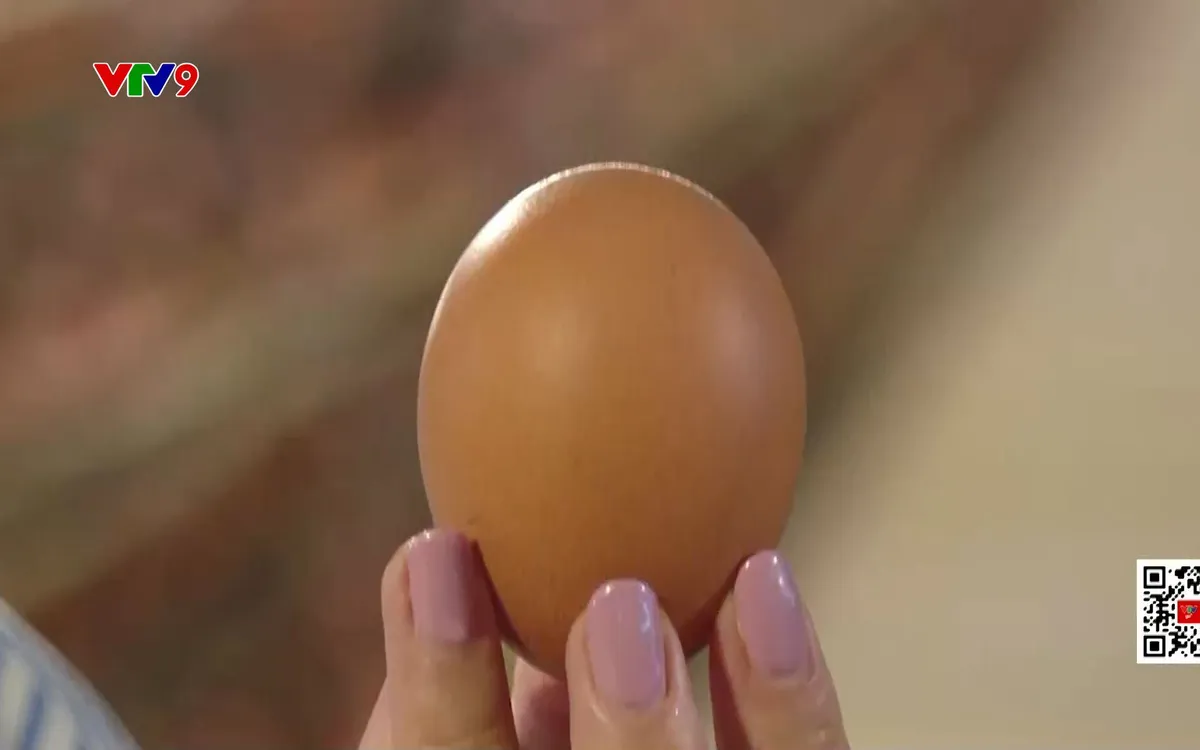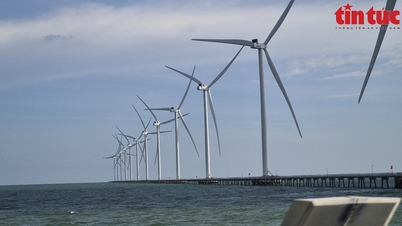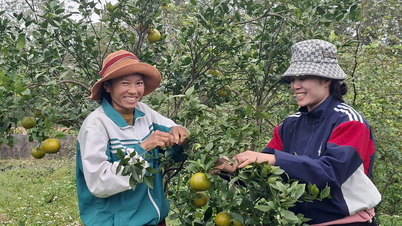
French poultry egg market "hot" due to soaring demand
Although there is no shortage, the French egg market is under great pressure due to strong consumer demand and excess stockpiling by retail chains. Domestic production is struggling to keep up with consumption, forcing France to increase imports from Poland, the Netherlands, Belgium and Spain.
According to the National Committee for the Promotion of Egg Consumption (CNPO), in the first eight months of 2025, the number of eggs sold in supermarkets increased by 4.5% compared to the same period in 2024, after three consecutive years of increase of 4-5%. French poultry egg production is expected to reach 15.6 billion eggs in 2025, up about 1%, but still lower than the level before the bird flu crisis in 2021.
“French consumers are increasingly fond of eggs because of their low price and high nutritional value,” said Alice Richard, director of CNPO. However, she insisted that “there is no shortage of eggs,” although she acknowledged that temporary disruptions in distribution could occur as hoarding spreads.
According to CNPO, France’s egg self-sufficiency rate will fall from 99% in 2024 to 96% in 2025, reflecting increased import dependence. Meanwhile, on the spot market, egg prices have risen back to 18 euros per 100 eggs, after reaching a record 19 euros in the spring, while retail prices have remained stable thanks to long-term contracts and lower production costs due to lower grain prices.
Jean-Christophe Rodallec, president of the Egg Committee of the French Poultry Brands Association, predicted that “these tensions could last until 2026,” as retail chains overorder to secure supplies, inadvertently causing local shortages. He said the transition from caged to free-range or organic farming takes time and investment.
The French egg industry is undergoing a major transformation. The number of caged laying hens continues to decline, while demand for organic eggs is growing. “For the first time this summer, organic eggs accounted for 17.1% of the market, surpassing caged eggs (16.6%) in supermarkets – a significant milestone,” said Richard. Despite this, France still has around 13 million caged hens, mainly for the food industry.
According to CNPO's commitment, by 2030, the proportion of eggs from caged chickens will be reduced to 10%, aiming for sustainable production and better animal welfare, while poultry eggs will maintain their position as a popular and essential source of protein for the French people.
Source: https://vtv.vn/phap-nhu-cau-trung-ga-tang-vot-100251019103550449.htm




![[Photo] Cat Ba - Green island paradise](/_next/image?url=https%3A%2F%2Fvphoto.vietnam.vn%2Fthumb%2F1200x675%2Fvietnam%2Fresource%2FIMAGE%2F2025%2F12%2F04%2F1764821844074_ndo_br_1-dcbthienduongxanh638-jpg.webp&w=3840&q=75)


























































![[VIMC 40 days of lightning speed] Da Nang Port: Unity - Lightning speed - Breakthrough to the finish line](https://vphoto.vietnam.vn/thumb/402x226/vietnam/resource/IMAGE/2025/12/04/1764833540882_cdn_4-12-25.jpeg)
















































Comment (0)